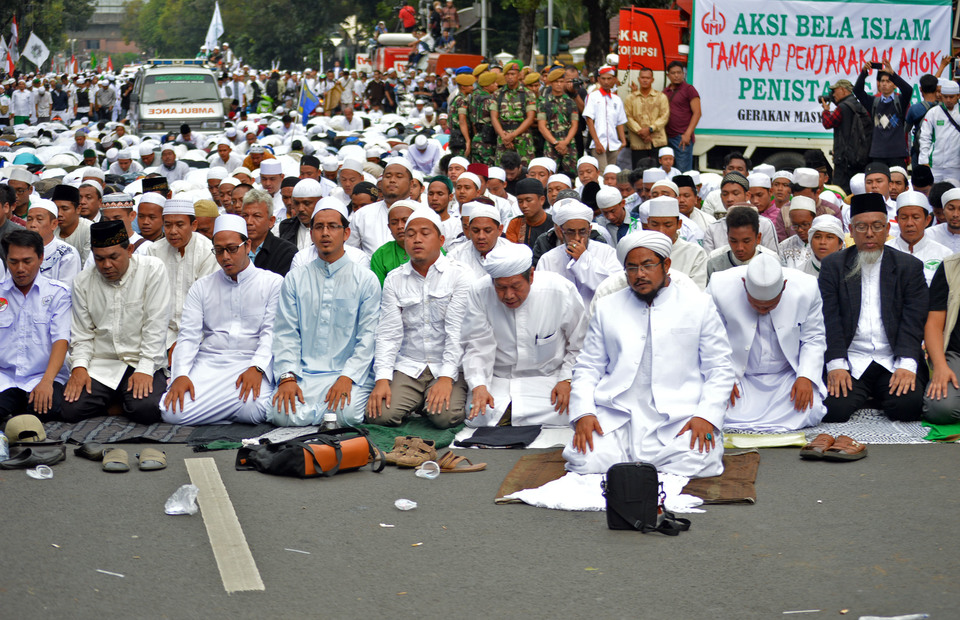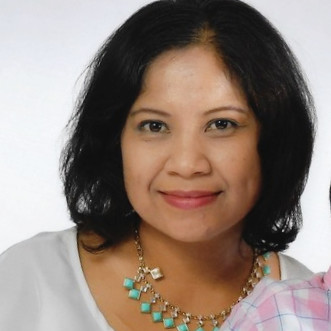Last month, a small fleet of Chinese fishing vessels escorted by the Chinese Coast Guard began fishing the waters of the Indonesian island of Natuna, making it the latest center of tension in the South China Sea. Natuna and the exclusive economic zone around it sit very close to the infamous 9-dashed line China claims as its maritime boundary in the region, raising the risk of confrontation over where Beijing decides it can send its trawlers. Though Indonesia denies it is a South China Sea claimant, Jakarta is discovering the South China Sea controversy may claim Natuna anyway.
Origins of the Dispute
Though territorial disputes in the South China Sea are not new, the coming into force of the United Nations Convention on the Law of the Sea (UNCLOS) in 1986 codified an array of customary international laws regarding maritime boundaries. While this solved a great many problems, it created others. One of those was the need for China (and others) to establish their baselines in the South China Sea. China did this by reviving an old map featuring nine dashes in a line extending far to the south of Hainan Island, the now infamous 9-dashed line.
The South China Sea is now one of the world’s most heavily disputed areas. No fewer than six states have overlapping claims on all the resources within exclusive economic zones (EEZ) that extend 200 nautical miles from their UNCLOS-defined baselines. Not only does the 9-dashed line put China at odds with all of these claimant states, the ambiguity of using a dashed line as an international boundary enables Beijing to flexibly interpret its claim, including the EEZ around Natuna.
 Shortly after the Chinese flotilla arrived in mid-December, Indonesia registered a complaint with the Chinese ambassador. The response from Beijing provided no legal argument, saying that their fisherman “have long been active in the area.” This, however, is not the first time Jakarta faced problems with Chinese encroachment. Since October 2014, the administration of Joko Widodo (Jokowi) has sunk well over 500 foreign vessels caught fishing illegally in Indonesian waters. Most of those were destroyed in spectacular controlled explosions broadcast on the internet to maximize their deterrent effect.
Shortly after the Chinese flotilla arrived in mid-December, Indonesia registered a complaint with the Chinese ambassador. The response from Beijing provided no legal argument, saying that their fisherman “have long been active in the area.” This, however, is not the first time Jakarta faced problems with Chinese encroachment. Since October 2014, the administration of Joko Widodo (Jokowi) has sunk well over 500 foreign vessels caught fishing illegally in Indonesian waters. Most of those were destroyed in spectacular controlled explosions broadcast on the internet to maximize their deterrent effect.
Though, the vast majority were not seized near Natuna, nor were most of them Chinese. Still, Beijing has been careful to avoid triggering Indonesia’s inherent right to self-defense through the use of tools like the Chinese Maritime Militia, a fleet of civilian craft that operate in a coordinated manner to disrupt and intimidate non-Chinese shipping. The ambiguous status of the Maritime Militia protects it from military responses and instead pits it against coastal law enforcement agencies that are less well-equipped to deal with them. The deployment of the Chinese Coast Guard – rather than the Maritime Militia – from the outset of the Natuna drama suggests Beijing does not believe ambiguity will protect it from Indonesian reprisals.
Jakarta’s Natuna Response
The Indonesian response was substantial despite being slow to gather. After receiving the unsatisfactory reply from Beijing on January 1st the Jokowi administration increased naval patrols in Natuna on January 3rd. Then it dispatched two additional warships followed by four F-16 fighter aircraft to Indonesia’s brand-new military base on the island. By the time of Jokowi’s visit on the 8th, where he delivered a defiant speech in defense of Indonesian sovereignty, Natuna was host to the F-16s and seven warships, more than double its usual complement.
Though China withdrew its flotilla to the boundary of Natuna’s EEZ on January 9th, Indonesia’s Chief Security Minister, Mahfud MD, announced the Navy would sustain increased patrolling for a time. Additionally, in a move that echoes the ambiguity of China’s Maritime Militia, the Indonesian Fisherman Association sent some 500 fishing vessels to Natuna to deter further incursions. Though it is not clear exactly how this will work or how effective this type of response will continue to be in the future, for now, Jakarta has made the point that it does not take incursions into its waters lightly. That it did so without regional partners suggests this will not be the last time China attempts to push the limits.
ASEAN Leadership
Many observers believe a strong Indonesian response will stiffen the resolve of other claimant states to stand up to China. Still, that kind of unity on South China Sea issues has been elusive at best. China adopted a divide and conquer strategy early on, insisting on negotiating disputes bilaterally. Beijing wields its economic power as a foreign policy tool, granting or withholding commercial assistance in accordance with its priorities. As this element of Chinese influence grows, so, too, does its impact and effectiveness on its rivals. The strategy has been successful thus far. ASEAN has been unable to agree on a declaration regarding the South China Sea and still hotly debates a less muscular “code of conduct.”
Indonesia is the largest ASEAN member state in almost every measurable way. While its leadership in the region is real and significant, Natuna is not even a unifying issue within Jokowi’s government. While he and Foreign Minister Retno Marsudi focus on the sovereignty of Indonesia’s EEZ, the powerful Defense Minister, Prabowo Subianto, downplays the issue and frames it as an economic one. Prabowo’s rhetoric when he ran for President against Jokowi positioned him as a virulently anti-Chinese candidate. His transformation illustrates the sensitivity of this issue to domestic politics.
Indonesia, like every other South China Sea claimant state, must determine how to defend its sovereignty against an increasingly powerful and assertive China. Bandwagoning with other ASEAN member states is clearly not an option. Balancing behavior and alliances with regional and global powers can help prevent the situation from escalating to armed conflict. Still, both are problematic for the island nation with a defiantly independent tradition. In Natuna, Jakarta elected to employ a show of military force as a deterrent, and it worked…this time. However, Beijing has proven adept at applying all its elements of national power to achieve its goals. As the 9-dashed line creeps forward and the South China Sea dispute threatens to engulf Natuna, Jakarta will find its military power stretched in ways it is not designed to operate.

Lino Miani is a retired US Army Special Forces officer, author of The Sulu Arms Market, and CEO of Navisio Global LLC.




 Mefi Ruthviana Geary, PhD, has a scholarly interest in Countering Violent Extremism and deradicalization of terrorists. Her expertise is in Southeast Asian foreign policy analysis and open source intelligence (OSINT).
Mefi Ruthviana Geary, PhD, has a scholarly interest in Countering Violent Extremism and deradicalization of terrorists. Her expertise is in Southeast Asian foreign policy analysis and open source intelligence (OSINT).